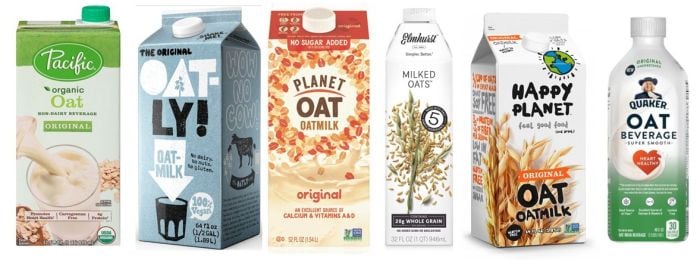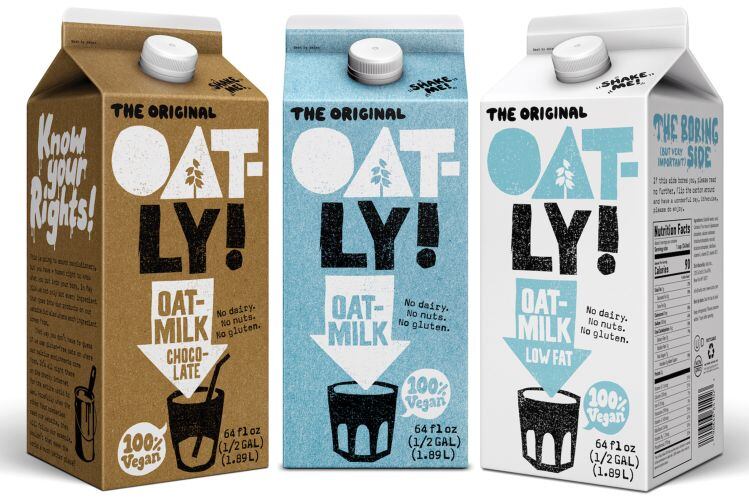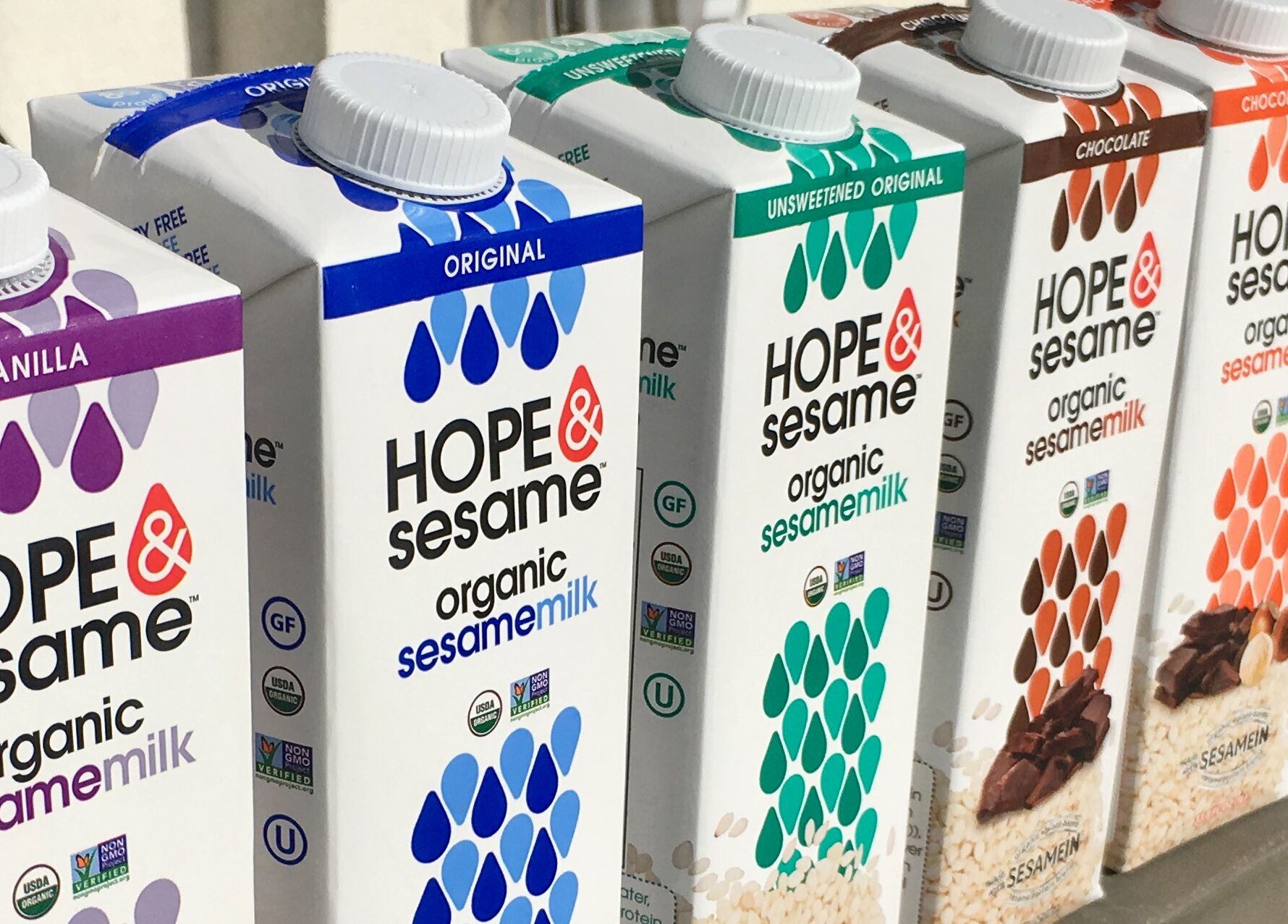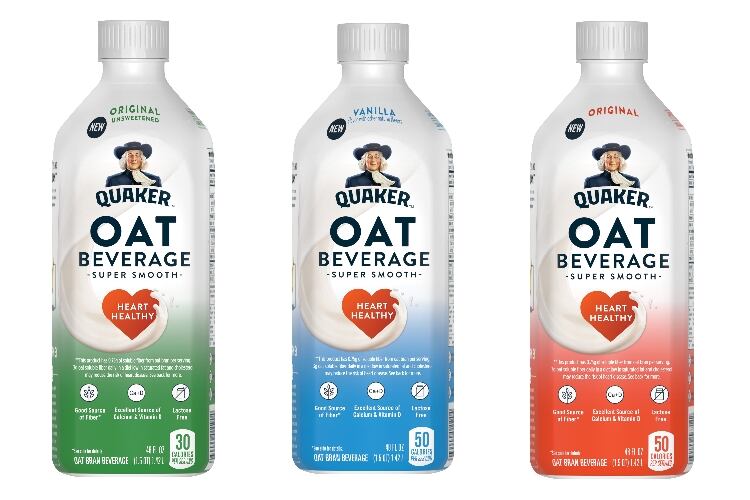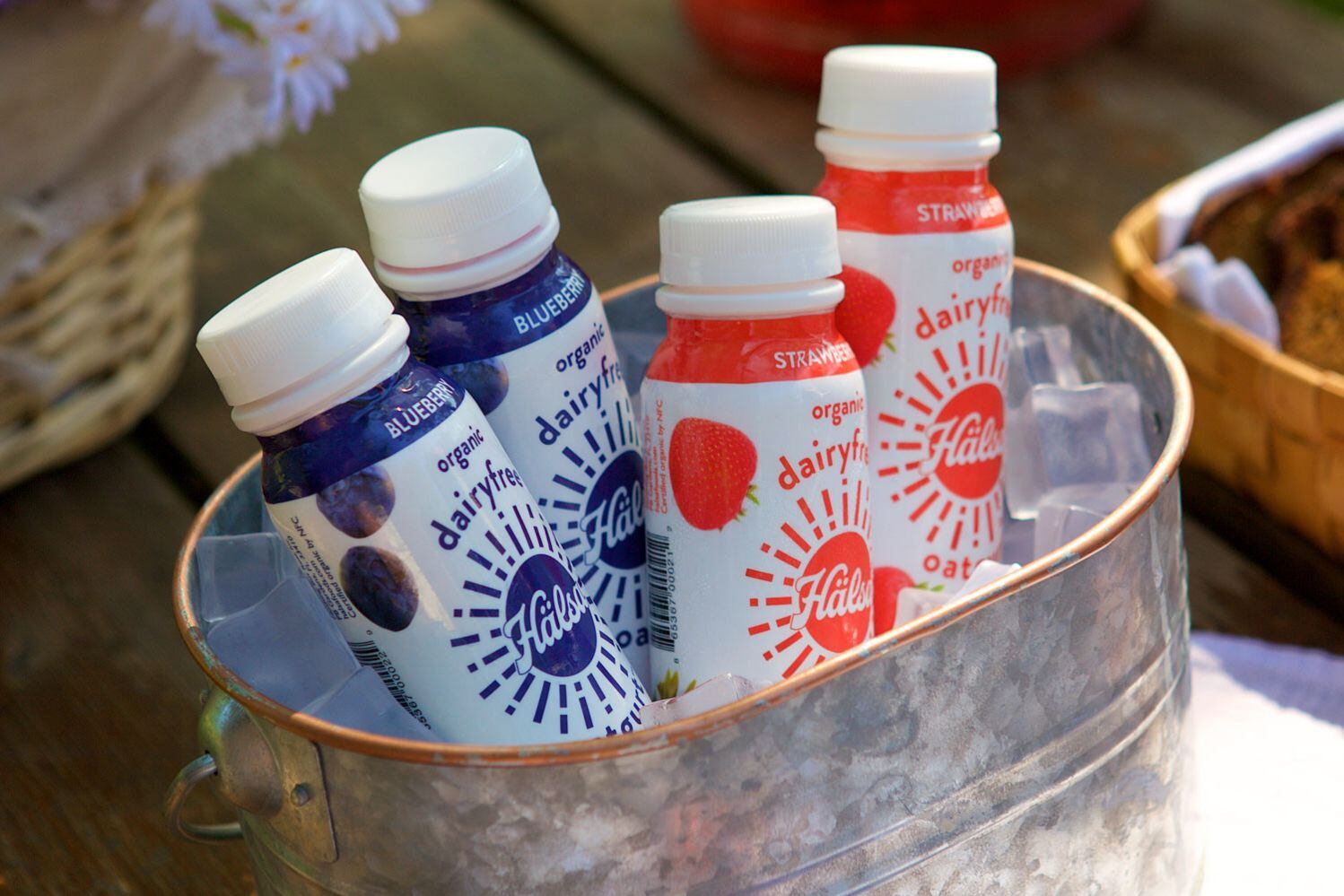While oatmilk has garnered a sizeable chunk of the plant-based milk market in some European markets, it’s new to many consumers in the US, where there has been a flurry of recent launches from Planet Oat, Elmhurst, Thrive Market, Pacific Foods, Happy Planet, and Quaker [coming in January], coupled with thicker products such as ‘oatgurt’ from Hälsa.
Oatly - which launched in the US in coffee shops in late 2016 with a 3% fat barista edition, and later entered grocery stores with original (2% fat), low-fat, and chocolate SKUs – is now in “roughly 2,000 grocery stores and several thousand coffee shops,” but is having to turn down some accounts as it waits for extra capacity to come online at its new manufacturing plant in Millville, New Jersey, in the spring of 2019, said Messersmith.
“We’re excited and overwhelmed by the enthusiasm for Oatly, and right now we’re having to say ‘No’ to some accounts as we’ve focused on making good on the early commitments we made. We’re building a disciplined growth model. You can’t say yes to everyone because we don’t want to end up disappointing people.
“But the new facility [which will increase production capacity 8-fold] is a major step forward for us that’s going to deal with our capacity constraints and give us more control. The New Jersey plant will just be doing the oat base for our first phase, which will unlock our production capacity. But we are potentially expanding in the future to other capabilities."

"Consumers hate being ‘sold to. They hate sanitized corporate BS and they can smell it a mile off, so we don’t do that."
Mike Messersmith, general manager, Oatly AB
‘Consumers hate sanitized corporate BS; they can smell it a mile off’
While there is room for multiple products in the plant-based milk segment, oatmilk has the potential to carve out significant market share in part because it has a creamy taste and does not need as much sugar to taste good, and in part because US consumers are already familiar with oats and see them as simple and healthy, he said.
Within the emerging oatmilk set, Oatly claims to have a superior product (“We’ve been doing this for 25 years,” he points out), but also stands out from a branding and packaging perspective, claimed Messersmith.
Milk, but made for humans…
As evidenced by a recent marketing campaign in the UK featuring the strapline, ‘It’s like milk, but made for humans,’ Oatly also has a “unique personality” as a brand, which is fun, but “not whimsical,” he said (according to the Oatly website, the Swedes - like Oatly - are ‘somewhat boring, super practical, painfully honest, notoriously hardworking and independent’).
“We’re serious about our product – we’ve been working on with oats for 25 years – and we know consumers hate being ‘sold to. They hate sanitized corporate BS and they can smell it a mile off, so we don’t do that. All our creative work [including copy for ads on podcasts such as Pod Save America] is written in-house, and we’re really happy when we can find partners that are willing to work with us on putting something together that reflects our personality.”
Product development and labeling
There are multiple Oatly products on the market in Europe including single serve beverages for kids, yogurts, and ice cream, which could work well in the US market further down the line, said Messersmith, but right now, Oatly is laser focused on oatmilk.
As for labeling, Oatly chose to describe its wares as ‘oatmilk’ in the US because “that is the nomenclature that prevails in the category and what consumers understand,” but a crackdown on dairy-derived terms in the segment would not be the end of the world (although packaging changes are always a costly headache) given that Oatly is already labeled as an ‘oat drink’ in other markets, he observed.
Privately-owned Oatly is based in Malmö, Sweden, near where founder Rickard Öste, invented a patented process of making liquid oats at Lund University. Its US headquarters is in New York. Investors include Verlinvest, China Resources, Industrifonden, and Östersjöstiftelsen.
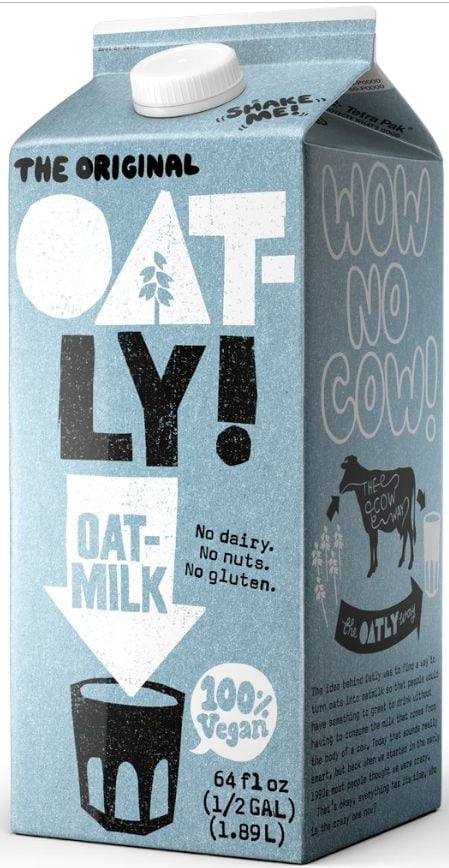
Ingredients, Oatly original: Oatmilk (water, oats). Contains 2% of less of: rapeseed oil, dipotassium phosphate, calcium carbonate, tricalcium phosphate, sea salt, dicalcium phosphate, riboflavin, vitamin A, vitamin D2, vitamin B12.
Each 240ml serving has 2g fiber, 3g protein and 7g sugar.
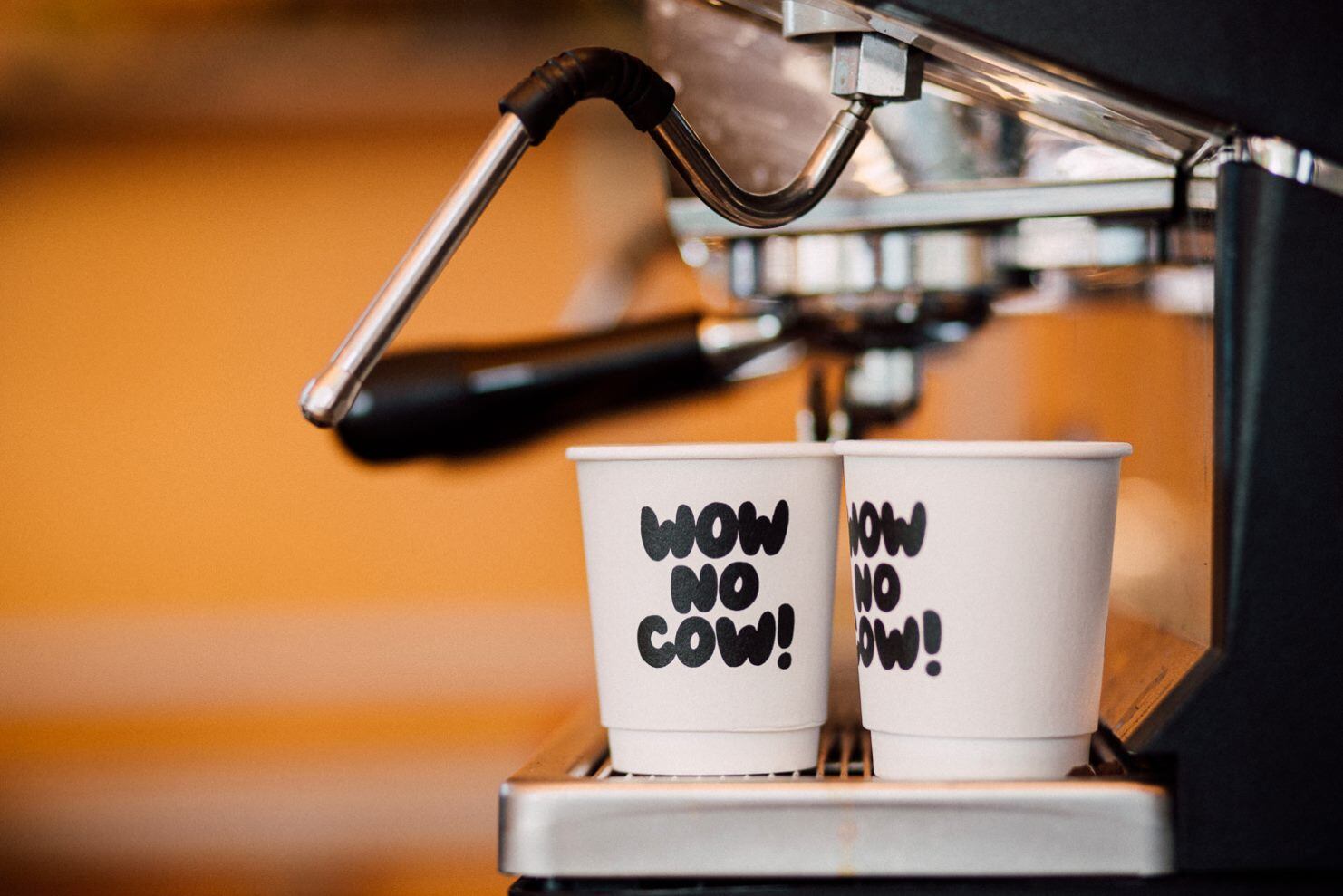
To produce Oatly, the company first mixes oats (sourced from Grain Millers) with water and mills the mixture into a paste before adding enzymes that break the oat starch down into smaller components. The bran is then removed, leaving Oatly’s oat base, which contains carbohydrates including soluble fiber (beta-glucan), protein, and fat.
Oatly then adds calcium, potassium, vitamins A, D, B12, riboflavin, and a plant-based fat source (non-GMO expeller pressed canola) for a creamier mouthfeel, but also offers a low fat option without canola, said Messersmith.
The Barista Edition – which is designed to work in hot beverages and “steams beautifully for a latte or cappuccino,” has 3% fat, while the original SKU has 2% fat.
Farmers producing the oats for Grain Millers do not use glyphosate as a dessicant/drying agent and Oatly oatmilk is certified glyphosate residue free by The Detox Project.
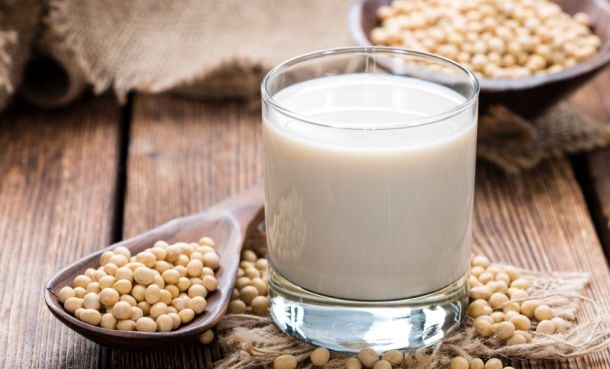
US retail sales of shelf-stable plant-based beverages grew 13.2% in the year to October 7, 2018, while sales of refrigerated plant-based beverages rose 9.8%, Andrew Henkel at SPINS told delegates at BevNET Live.
Nielsen also records significant growth in sales of non-dairy milks in 52 weeks to August 25, 2018 (all outlets combined), with plant-based blends the top performing products (+45.4%), followed by oat milk (+35.5%), almondmilk (+11.5%), coconutmilk (+1%). However, dollar sales of ricemilk were down -2.3% and soymilk sales slumped -7.9%.
